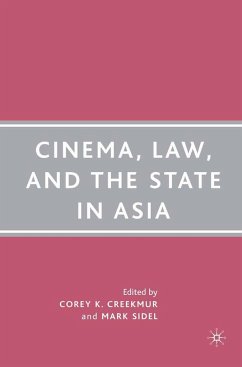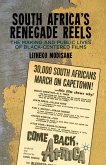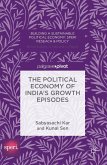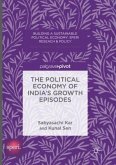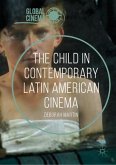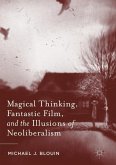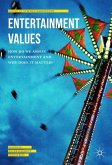This book explores the intersections of film, justice, and the state in comparative perspective across a range of major Asian countries, including India, China, Japan, Korea, the Philippines, and Vietnam. The contributing authors cross the conventional border between the analysis of on-screen and off-screen intersections of law and cinema.
"Cinema may have always been an international language, but the law remains largely defined by territorial boundaries. In these circumstances, the country-by-country essays in this remarkable anthology considering how the law is represented and how the law shapes cinema in Asia are both necessary and original. In fact, many of the accounts of gangsters on-screen and off are quite an eye-opener! Each essay is autonomous, rigorous and highly original. Ranging from censorship to film piracy and courtroom dramas in India, the Philippines, Vietnam, South Korea, Japan and China, Cinema, Law, and the State in Asia is as diverse, lively, fast-moving and engaging as those crime films we all love." - Chris Berry,Professor of Film and Television Studies, Goldsmiths College, University of London'Creekmur and Sidel's book makes for fascinating reading and will make a definite impact in a field which should be the subject of greater study. Crossing the divide between on-screen and off-screen intersections of law and cinema, each chapter, whether about China, India, Japan, Korea, the Philippines, or Vietnam, offers a different and interesting slice of one of these kinds of intersection, containing insights which should be of interest to anyone interested in law and cinema, Asia and globalization, popular culture in Asia, Asian law, or law and aesthetics in Asia. The book smoothly integrates consideration of the legal environment in which cinema operates, the legal environment it attempts to portray, and the legal environment it seeks to influence. Implicit in the actual coverage is that illegality is just as important as legality in all of the national contexts discussed. This is a profoundly creative contribution to a growing area of social study.'
- Andrew Harding, Professor of Asia-Pacific Law, University of Victoria,British Columbia"Just as the forces of globalization have done much to permeate the borders of sovereign nations, so, too, this important essay collection breaks down the barriers of academic disciplines. With its gathering together of scholars from law, cinema, art history, sociology, and mass communications, among other fields, this is a truly interdisciplinary work. Moving well beyond mere image studies of law, lawyers or criminality, the scholarship represented here situates Asian cinema within larger discourses of state control, film piracy, and even the space of the cinema itself. Groundbreaking and pioneering are terms often loosely applied; not so in this case." - David Desser, University of Illinois "This fine collection of essays is a significant contribution to the growing interdisciplinary discourses on cinema and legal studies...an absorbing collection of essays about an absorbing series of issues." - Michael Palmer,Professor of Law and Chair of the Centre of East Asian Law at the University of London, and a Visiting Professor of Law at People's University, Beijing, California Western Law School, San Diego, and the University of Notre Dame London Law Centre
- Andrew Harding, Professor of Asia-Pacific Law, University of Victoria,British Columbia"Just as the forces of globalization have done much to permeate the borders of sovereign nations, so, too, this important essay collection breaks down the barriers of academic disciplines. With its gathering together of scholars from law, cinema, art history, sociology, and mass communications, among other fields, this is a truly interdisciplinary work. Moving well beyond mere image studies of law, lawyers or criminality, the scholarship represented here situates Asian cinema within larger discourses of state control, film piracy, and even the space of the cinema itself. Groundbreaking and pioneering are terms often loosely applied; not so in this case." - David Desser, University of Illinois "This fine collection of essays is a significant contribution to the growing interdisciplinary discourses on cinema and legal studies...an absorbing collection of essays about an absorbing series of issues." - Michael Palmer,Professor of Law and Chair of the Centre of East Asian Law at the University of London, and a Visiting Professor of Law at People's University, Beijing, California Western Law School, San Diego, and the University of Notre Dame London Law Centre

